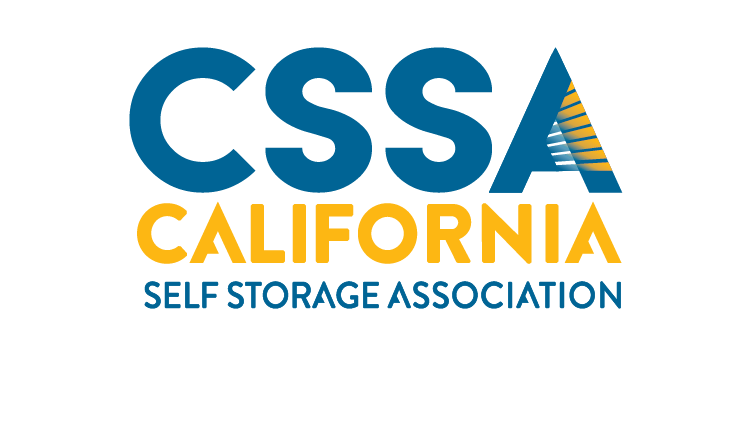|
Absent such disclosures, the rule would consider certain pricing practices as a “bait and switch,” luring customers in with one advertised price but ultimately charging them a different final price for the same advertised item. In addition to the FTC’s proposed rule, other potential regulatory action is being considered under the Consumer Financial Protection Bureau, the Federal Communications Commission, the Department of Housing & Urban Development, and the Department of Transportation. But the federal government is not alone in its focus on deceptive pricing practices. Many state governments are also concerned with this issue.
There are already statutes around the country that legislate penalties for deceptive trade practices, including those relating to false marketing. Recently, the California State Legislature passed an amendment to their already existing California Consumers Legal Remedies (CLRA) law to specifically address added violations if a company “advertises, displays or offers goods or services at a price, but does not disclose all mandatory fees or charges when displaying the price.”
|
On October 7, 2023, California passed its consumer pricing law prohibiting “drip pricing.” The new law goes into effect July 1, 2024. The “junk fee” amendment to the CLRA provides guidance to businesses not only in California but around the country. The new law makes it a violation of the Act to “advertise, display offer a price for a good or service that does not include all mandatory fees and includes penalties for such acts including actual damages, punitive damages and civil penalties that can be charged for each alleged violation.”
Clearly, this law will be the focus of future class action cases because of the potential penalties of up to $2,500 per violation. The Act also allows for the recovery of attorneys’ fees. But California is not the only state that has turned its attention to pricing issues. California joins other states like Connecticut, New York, Massachusetts, Nebraska, Maryland, Florida and others that are changing their laws to require full disclosure of all fees that apply to the transaction before the sale is completed.
|
This new scrutiny on fees and pricing practices comes at a time when more and more self-storage facilities are offering discounting or concession pricing. Since self-storage companies use the internet to advertise their pricing, it is important for self-storage operators to understand and apply this new law, updating their websites as needed to clarify their pricing and charges for their storage units. The laws require significant pricing disclosure and transparency, including how much the discount is, how long it will last, and the actual price that will be charged once the discount ends.
There should also be an enhancement of language in the website and other marketing that explains the right of the self-storage facility to increase the rental rates with 30 days advance notice based on the month-to-month nature of the self-storage contract.
|
|
|
